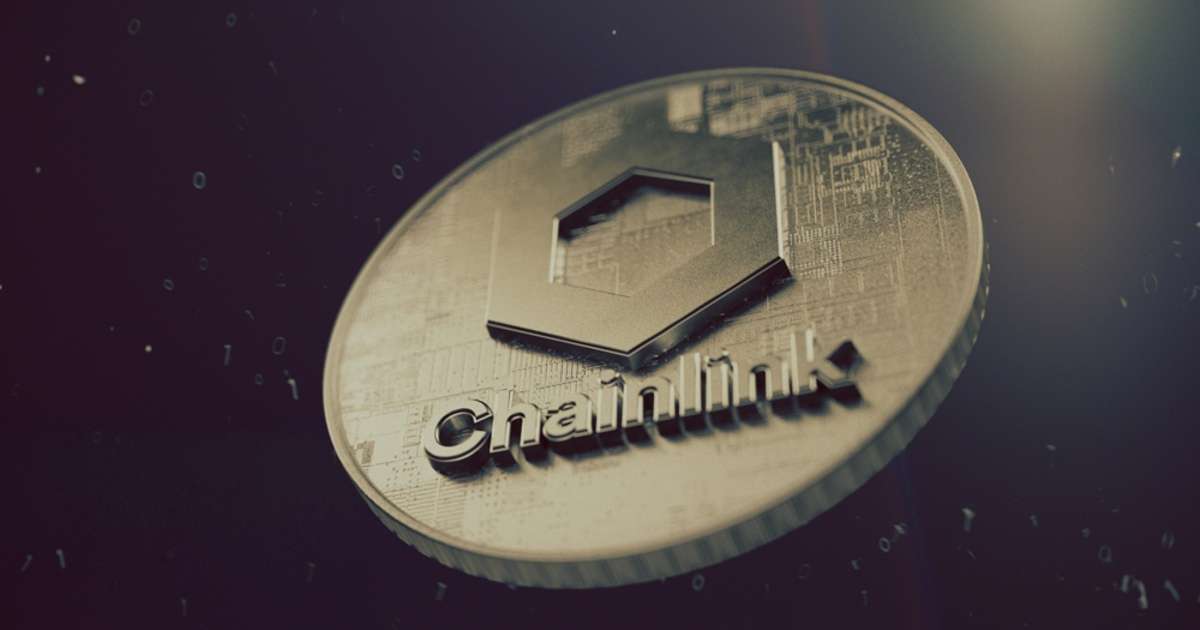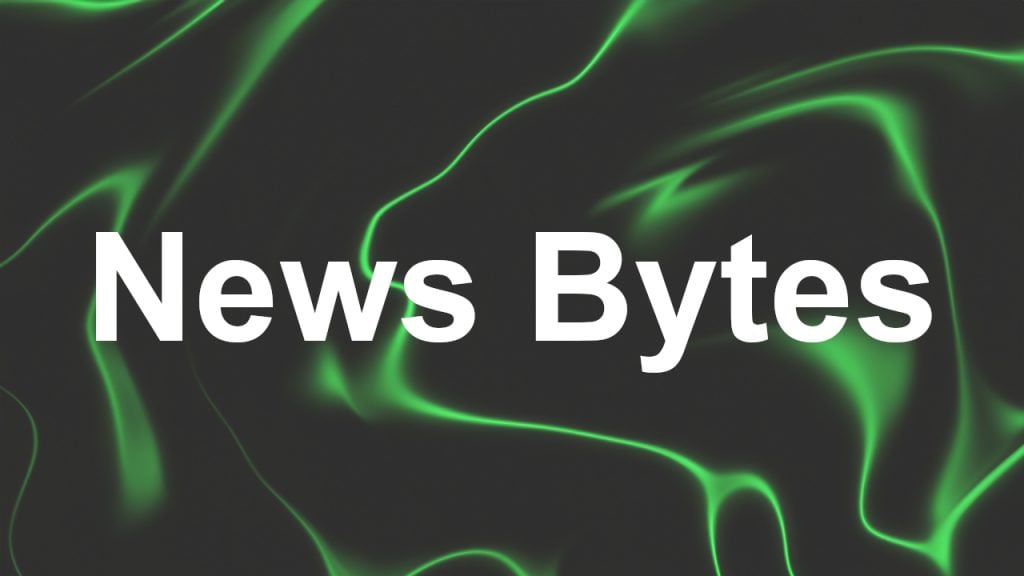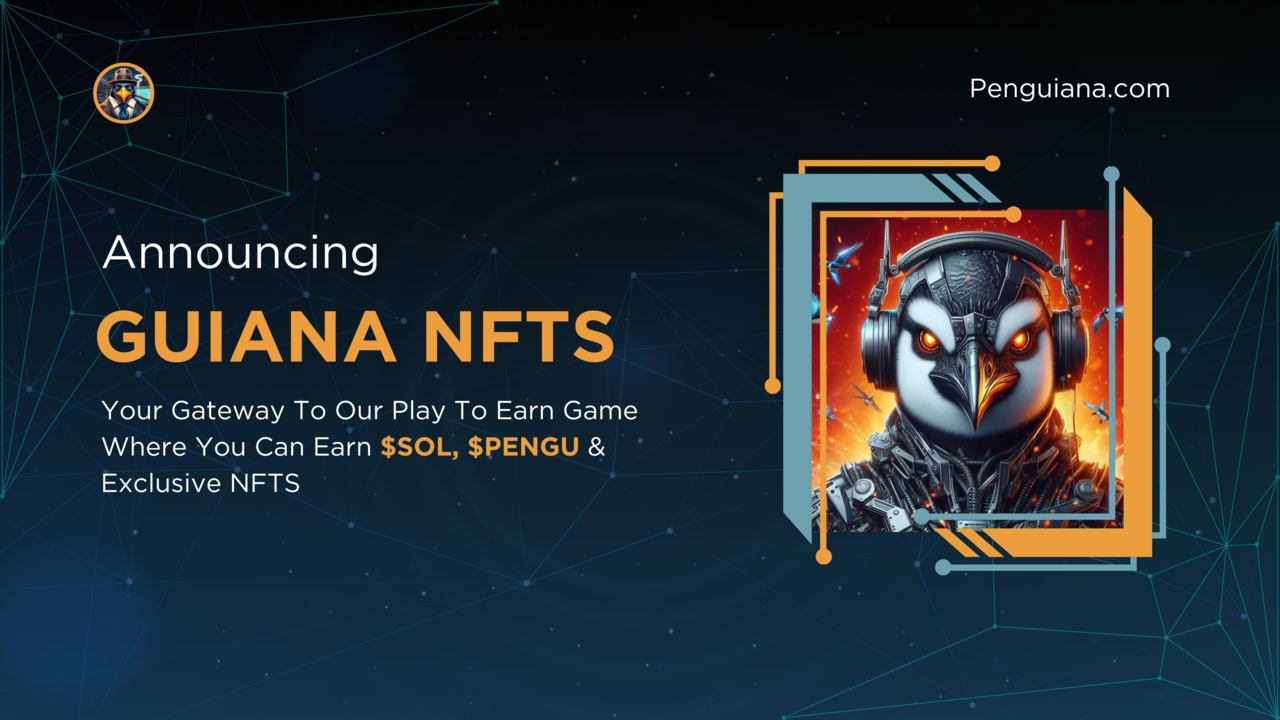Chainlink has announced plans to extend its utility base into Zero-Knowledge Proof technology.
With identity and data security among its core capabilities, ZK-Proofs can revolutionize the Web 3.0 world.
The Ethereum-based decentralized blockchain network Chainlink recently cited the capability of zero-knowledge proofs as a tool to transform Web 3.0. Zero-knowledge proofs are cryptographic innovations that can not only make blockchain transactions faster but also ensure that they are secure, as well as more accessible.
One of such outstanding protocols utilized by Polygon and Scroll is the zkEVM (Ethereum Virtual Machine).
The drive behind zero knowledge is to disseminate knowledge without exposing the dynamics or specific content about the knowledge. To put it in simpler terms, it shows that one knows a thing but not what one knows. Chainlink attempted to explain this further with an illustration involving two individuals named Alice and Bob for the purpose of the exercise.
The Bob and Alice Analogy
In its description, Chainlink asked to “imagine a cave with a single entrance but two pathways (paths A and B) that connect at a common door locked by a passphrase. Alice wants to prove to Bob she knows the passcode to the door but without revealing the code to Bob. To do this, Bob stands outside of the cave and Alice walks inside the cave, taking one of the two paths (without Bob knowing which path was taken). Bob then asks Alice to take one of the two paths back to the entrance of the cave (chosen at random).”
“If Alice originally chose to take path A to the door, but then Bob asks her to take path B back, the only way to complete the puzzle is for Alice to know the passcode for the locked door. This process can be repeated multiple times to prove Alice has knowledge of the door’s passcode and did not happen to choose the right path to take initially with a high degree of probability. After this process is complete, Bob has a high degree of confidence that Alice knows the door’s passcode without her having revealed it to him.”
For crypto and Web 3.0, this would mean that transactional partners can now assure themselves of the security of their deal without discussing additional information that may jeopardize their wallets. Therefore, these counterparties would need to establish and understand signals known only to them to indicate the completion of any transaction.
No spam, no lies, only insights. You can unsubscribe at any time.
StarkWare, Polygon, And Others Launch Zero-Knowledge Proofs
Soon after Chainlink signed a partnership with Ethereum scaling solution StarkWare in February, the Israeli company announced it plans to open-source its zero-knowledge software known as Stark Prover. Polygon followed suit with the live launch of zkEVM in March to facilitate EVM compatibility on ETH. In turn, this would make transactions on the ETH blockchain cheaper and faster.
At the time, many Polygon users and community members expressed optimism that the introduction of zkEVM will bring about a bull run for MATIC, causing the price value to skyrocket significantly.
Crypto News Flash does not endorse and is not responsible for or liable for any content, accuracy, quality, advertising, products, or other materials on this page. Readers should do their own research before taking any actions related to cryptocurrencies. Crypto News Flash is not responsible, directly or indirectly, for any damage or loss caused or alleged to be caused by or in connection with the use of or reliance on any content, goods, or services mentioned.





